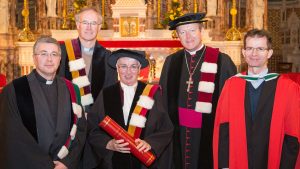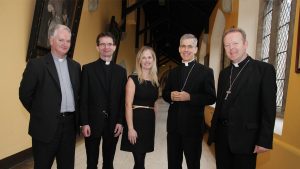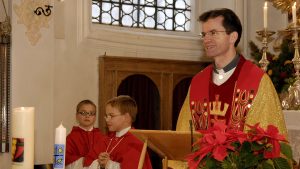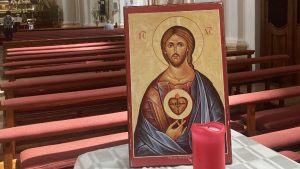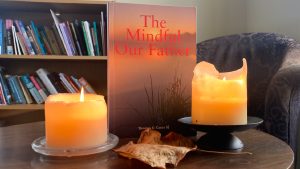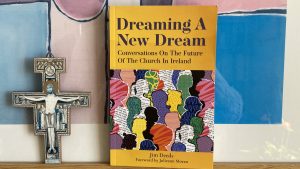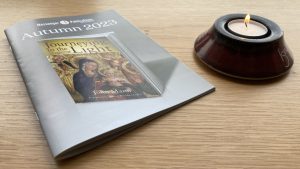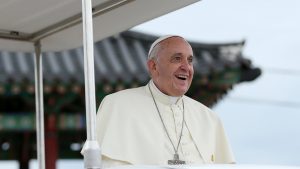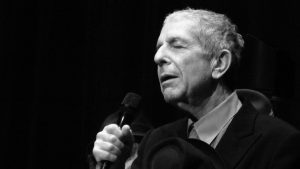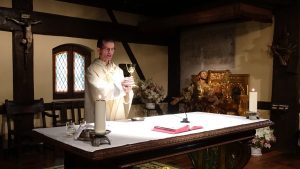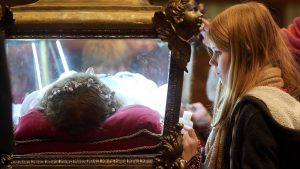Adoring God at ordination and in ordinary life

Summer is traditionally the season when many priests are ordained, and so it was for me. One of the most moving moments in the whole ceremony was shortly before the moment of ordination itself, when I lay flat on the floor, face down, head toward the altar, and my hands, palms down, under my forehead.
I was positioned along the central aisle leading up to the high altar of the Jesuit Church of Saint Francis Xavier in Gardiner Street, Dublin. When you are lying prone with your face to the ground just before ordination, it gives you a vivid sense of how small and unworthy you are, and of how great God is. What makes lying on the ground so encouraging is that the God before whom you are prone is not a distant or uncaring God, but the God of all love. Meanwhile, the congregation in the pews around you sings the litany of the saints, and you really feel supported and lifted up upon this current of prayer. It’s a stirringly sacred moment.
From the opening to the closing book of the Bible, human beings repeatedly bow down in the presence of the All-Holy One, the Only One who truly is, the One who gives us our very life and being. When God appears to Abram in Genesis 17, promising to make a covenant with him, make him the father of many nations, and change his name to Abraham, our father in faith falls face down to the ground. Moses, for his part, bows down to the ground and worships the God of the covenant in Exodus 34:8. In the Gospel of Matthew 2:11, the Magi prostrate themselves on the ground and worship the infant Jesus. In Luke 5: 12, a man covered with leprosy falls on his face before Jesus, imploring him, “Lord, if you are willing, you can make me clean.” In Matthew 28:9, Mary of Magdala and the other Mary clasp the feet of the Risen Christ and worship him. In the Book of the Apocalypse 7:11, all the angels fall down on their faces before the throne and worship God. And most importantly of all, during his prayer in Gethsemane as his Passion began, we are told that Jesus himself “fell with his face to the ground and prayed” (Matthew 26:39).
These biblical episodes show me that bowing down in adoration before God isn’t merely a once in a lifetime gesture to be performed only at the threshold of priesthood. Instead, it makes sense to adopt a gesture of adoration whenever we come before the utter majesty of God. Getting down to the ground is something Muslims do all the time; their example reinforces the importance of this physical gesture. Prayer involves the whole person, and so it includes the body, and that’s why the way we position our bodies during prayer shapes our very souls. Of course, it is the attitude of our minds and hearts that is most important in prayer. But at the same time we often forget how much bodily posture affects our hearts, our feelings, and our entire attitude toward God. Bowing, kneeling, and full prostration are three good ways of expressing our sense of worship and reverence in the presence of God.
To adore God is to place ourselves in God’s presence, full of a deep sense of worship and love. To adore God is to recognise with gratitude that God has created us and is holding us in being right now. To adore God is to return to the very source of our lives, placing ourselves once again with trust and confidence in those loving hands from which we first came forth. Adoration is a matter of basic courtesy when it comes to God: without God, we wouldn’t be here, and adoration is the humble acknowledgement of this fact. If we want to be courteous and polite, the best beginning is to make the most courteous gesture of all: to bow down in adoration before our Maker.
Before the greatness of God, I am next to nothing. Paradoxically, once I acknowledge this reality I end up unleashing enormous power. For if I can be humble in the face of God’s majesty, then the combination of my littleness and God’s greatness will form an incredibly potent mixture. The Virgin Mary knew her own littleness and God’s greatness, and the Almighty truly worked marvels for her. For my part, I find there’s always the temptation to rely on myself, even though I’m thoroughly unreliable. I’m repeatedly tempted to be proud, although I’ve nothing to be proud of, since all that I am and all that I have are gifts from God. But because of that recurrent temptation, I need to be brought back to earth (literally), through bowing down in adoration. As my fellow Jesuit Father James Martin pleads at the end of his “New Serenity Prayer”: “Basically God, grant me the wisdom to remember that I’m not you”.
Someday, when I finally step out of the shadows and the darkness into the light, it will dawn on me how truly tiny I really am, and I’ll be astonished and overwhelmed with gratitude at God’s goodness in reaching down to me, and blessing me in so many ways. In the meantime, I’m happy to adore God, and although I generally worship God through bowing and kneeling, sometimes adoration becomes even more real when I place my face on the ground, and literally taste the dust from which I’m made.


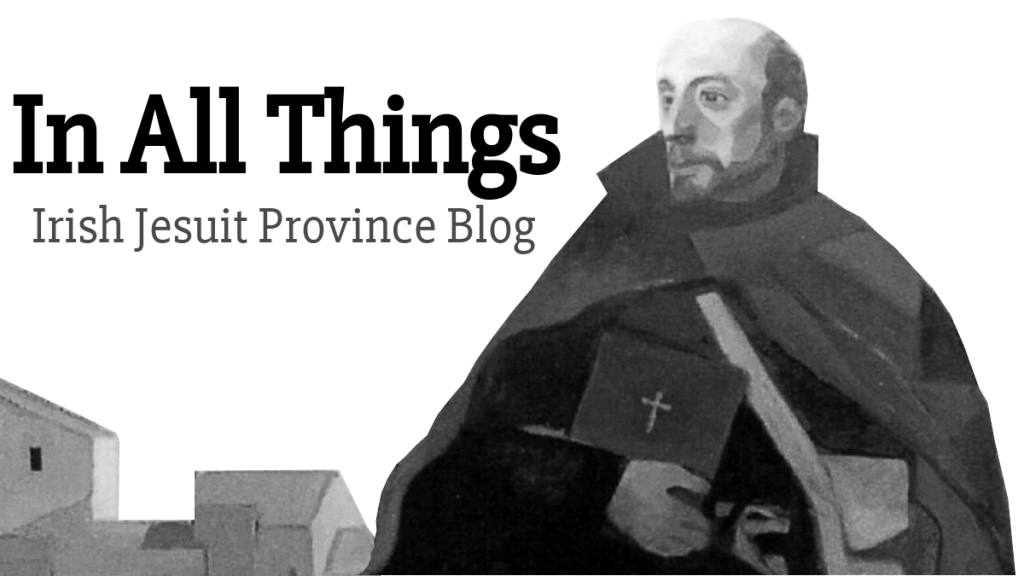
 Tom Casey is an Irish Jesuit priest and Dean of the Faculty of Philosophy at the Pontifical University in Maynooth.
Tom Casey is an Irish Jesuit priest and Dean of the Faculty of Philosophy at the Pontifical University in Maynooth.